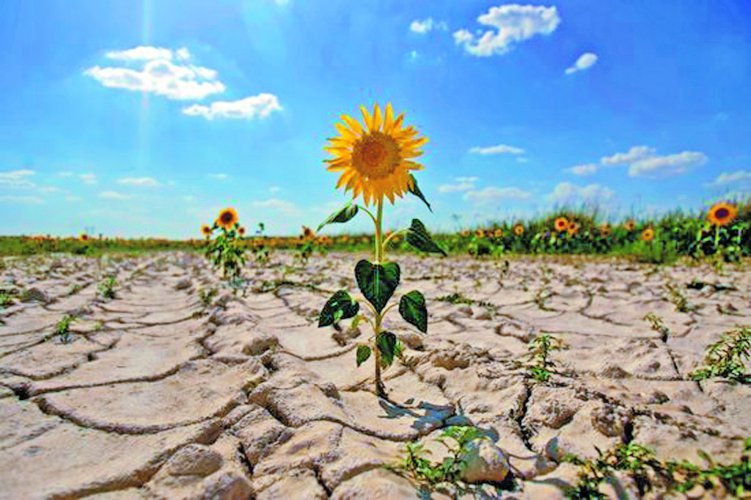A study by the Potsdam Institute for Climate Impacts found that an increase in average temperature could increase annual food inflation by up to 3.2% per year and general inflation by 0.32-1.18% per year by 2035 worldwide.
Inflation caused by climate change affects rich and poor countries equally, Euronews reports.
Scientists have looked at the impact on inflation of high temperatures and extreme precipitation, but not at individual foods, which are likely to be affected the most.
"After reviewing more than 27,000 observations of historical data, we found that rising temperatures can increase food prices, especially in hot regions and seasons," said Dr. Max Kotz, one of the study's authors.
He emphasized that future climate conditions could increase annual inflation by 1-3%. This would threaten the price stability mandates of central banks such as the ECB, which seeks to keep inflation below 2%.
Global warming is expected to affect food inflation and headline inflation in both high- and low-income countries.
The study showed that inflation will increase the most in the global south, especially in Africa and South America, where the heat will continue throughout the year.
"We estimate that the extreme summer heat of 2022 increased food inflation in Europe by about 0.6%. Future warming projected to 2035 will increase the impact of such extremes by 50%," Kotz added.
Earlier, EcoPolitic wrote, that the World Meteorological Organization (WMO) report stated that during 2025-2100, the total cost of inaction is estimated at $1266 trillion, which means that the price of climate action is lower than inaction.
As EcoPolitic previously reported, a risk assessment by the European Environment Agency (EEA) showed that Europe is not ready for rapidly growing climate risks, including increased forest fires, extreme weather conditions, etc.





